Cart
Your cart is empty
When it comes to achieving healthy, radiant skin, understanding your skin type is the first - and most important - step. Whether you're dealing with dryness, oiliness, sensitivity, or signs of aging, tailoring your skincare routine to your unique needs can make all the difference. At Trilogy, we believe in the power of natural ingredients to support skin health across all types and concerns. In this guide, we break down the most common skin types and conditions and share expert tips on how to care for each using our award-winning natural skincare range.

How to identify it:
Your skin maintains a healthy balance of oil and water. It’s neither too oily nor too dry, with minimal blemishes or sensitivity. Makeup applies smoothly and lasts well.
How to care for it:
Support your skin barrier with nourishing products like Trilogy’s certified organic rosehip oil. Maintain hydration and oil balance with formulations rich in both water and natural oils. Keep up a consistent cleansing and exfoliation routine, and incorporate advanced natural actives such as VanilleActiv2™ and Rosapene™ to enhance skin resilience.
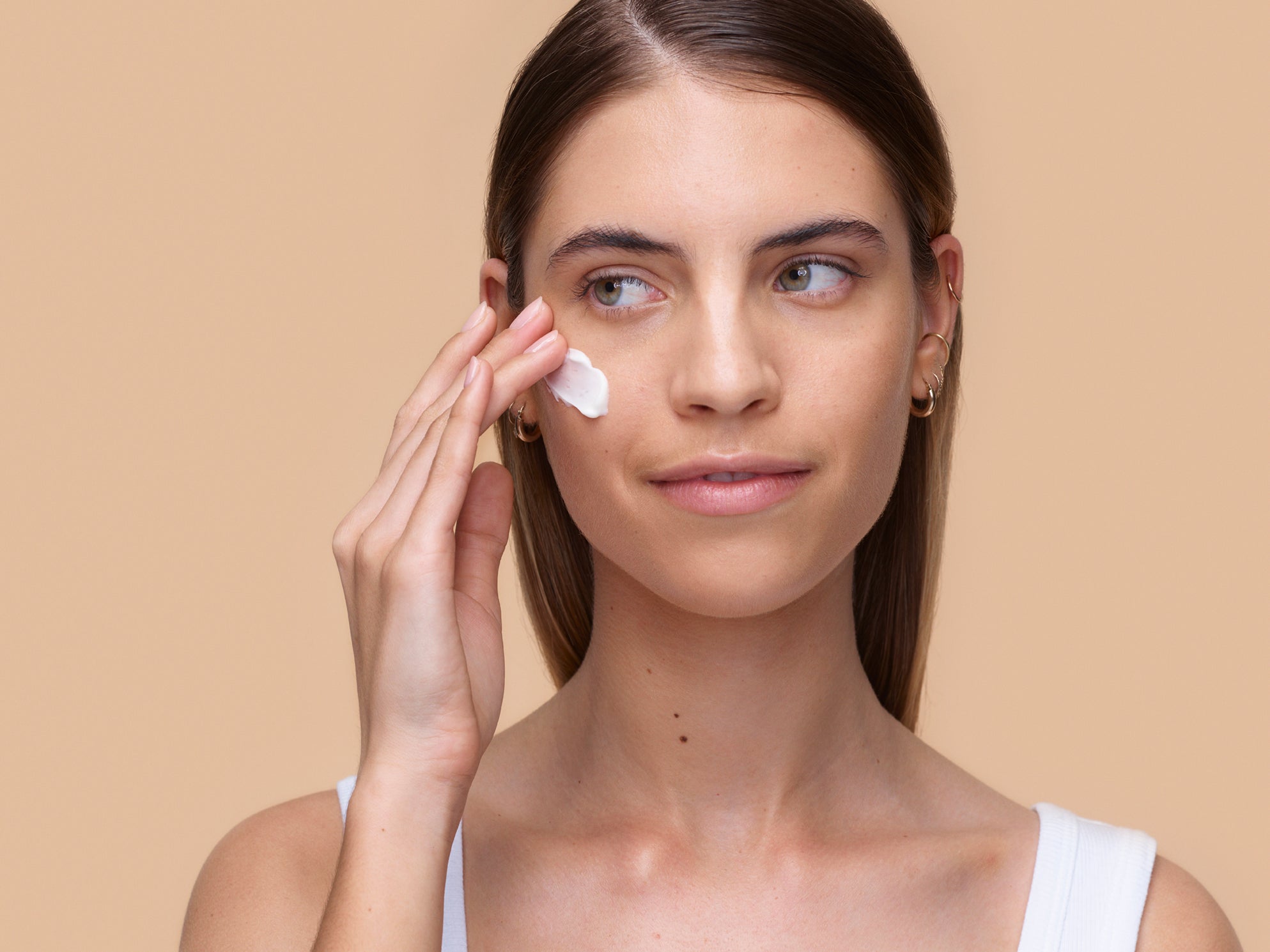
What you’ll notice:
Skin may feel tight, appear flaky, and makeup can look uneven or cakey. This is due to low oil production.
What it needs:
Replenish with emollients like Trilogy rosehip oil, squalane, and ceramides to restore the lipid barrier. Choose deeply nourishing moisturisers and night creams with oils like avocado, marula, and evening primrose, plus butters such as coconut and cocoa for long-lasting comfort.
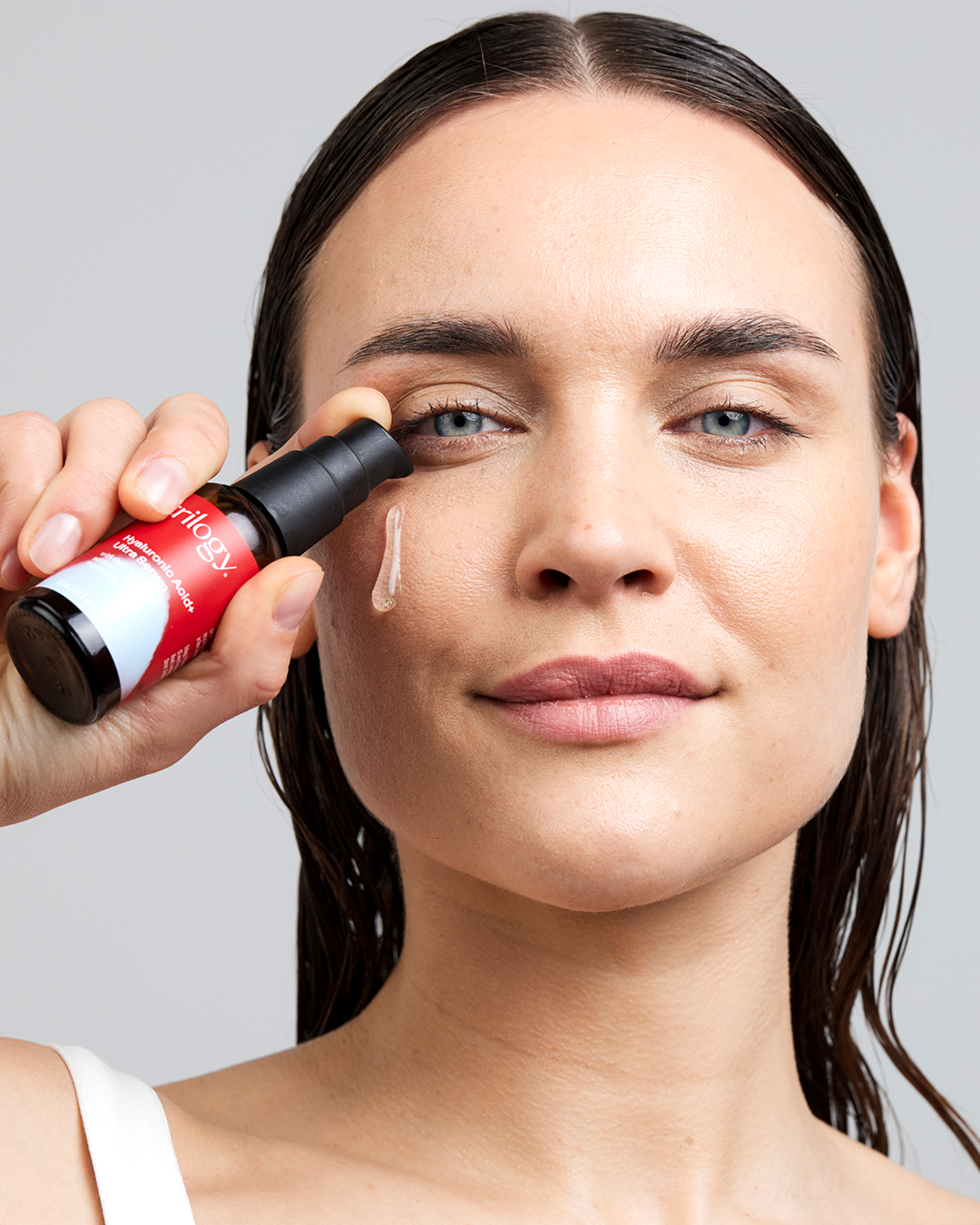
Signs to look for:
You may see oily areas (especially the T-zone), dry patches, and balanced zones all at once.
Smart strategies:
Balance your skin with superfine rosehip oil that won’t clog pores. Use lightweight hyaluronic acid for hydration without triggering excess oil. Gentle chemical exfoliants with AHA fruit acids or bakuchiol can help refine texture and clarity naturally.
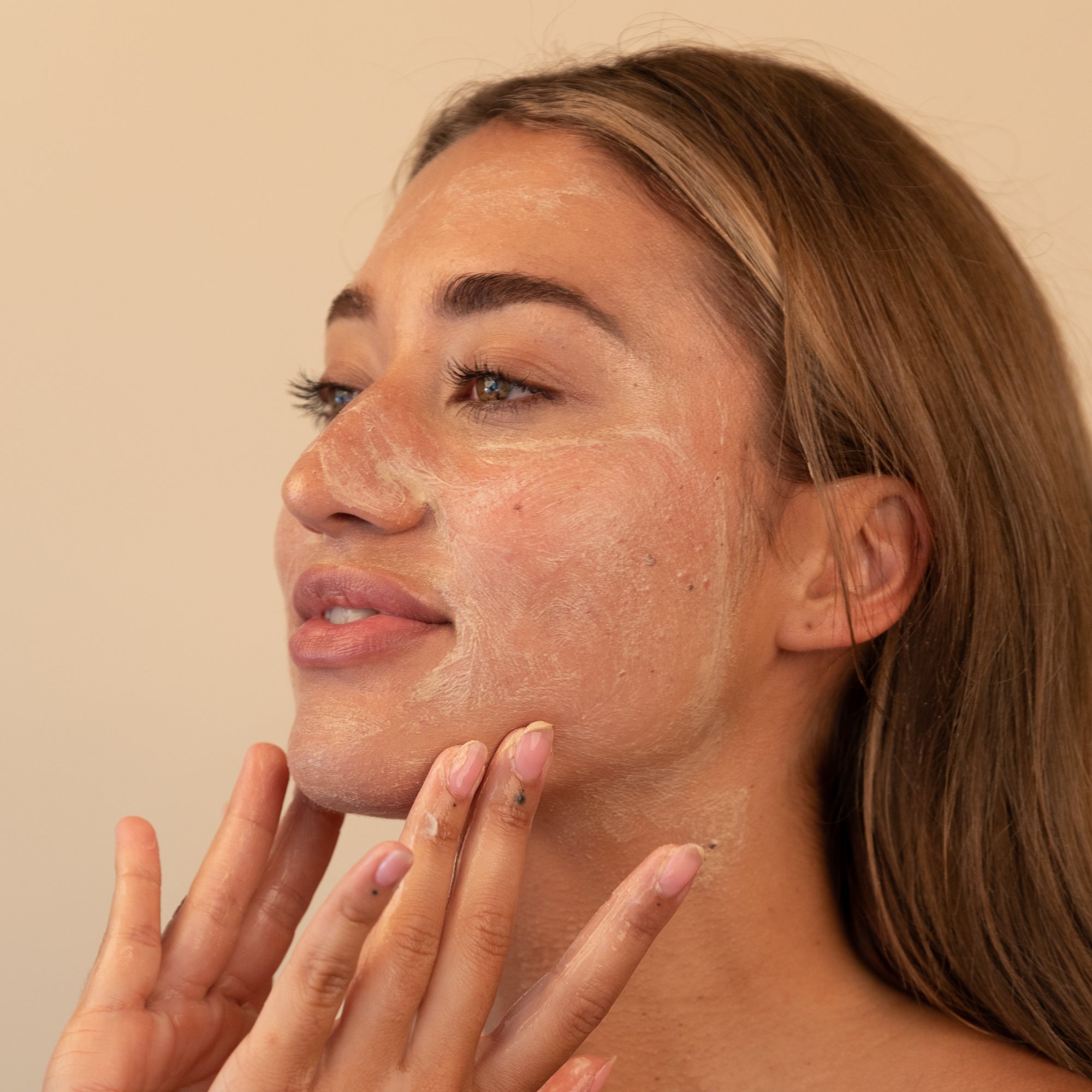
Signs to look for:
Persistent shine, especially in the T-zone, along with frequent breakouts and clogged pores.
Smart strategies:
Avoid over-cleansing, which can stimulate more oil production. Hydrate with lightweight hyaluronic acid and don’t shy away from superfine oils like jojoba and rosehip. Use gentle exfoliants to keep pores clear and skin balanced.
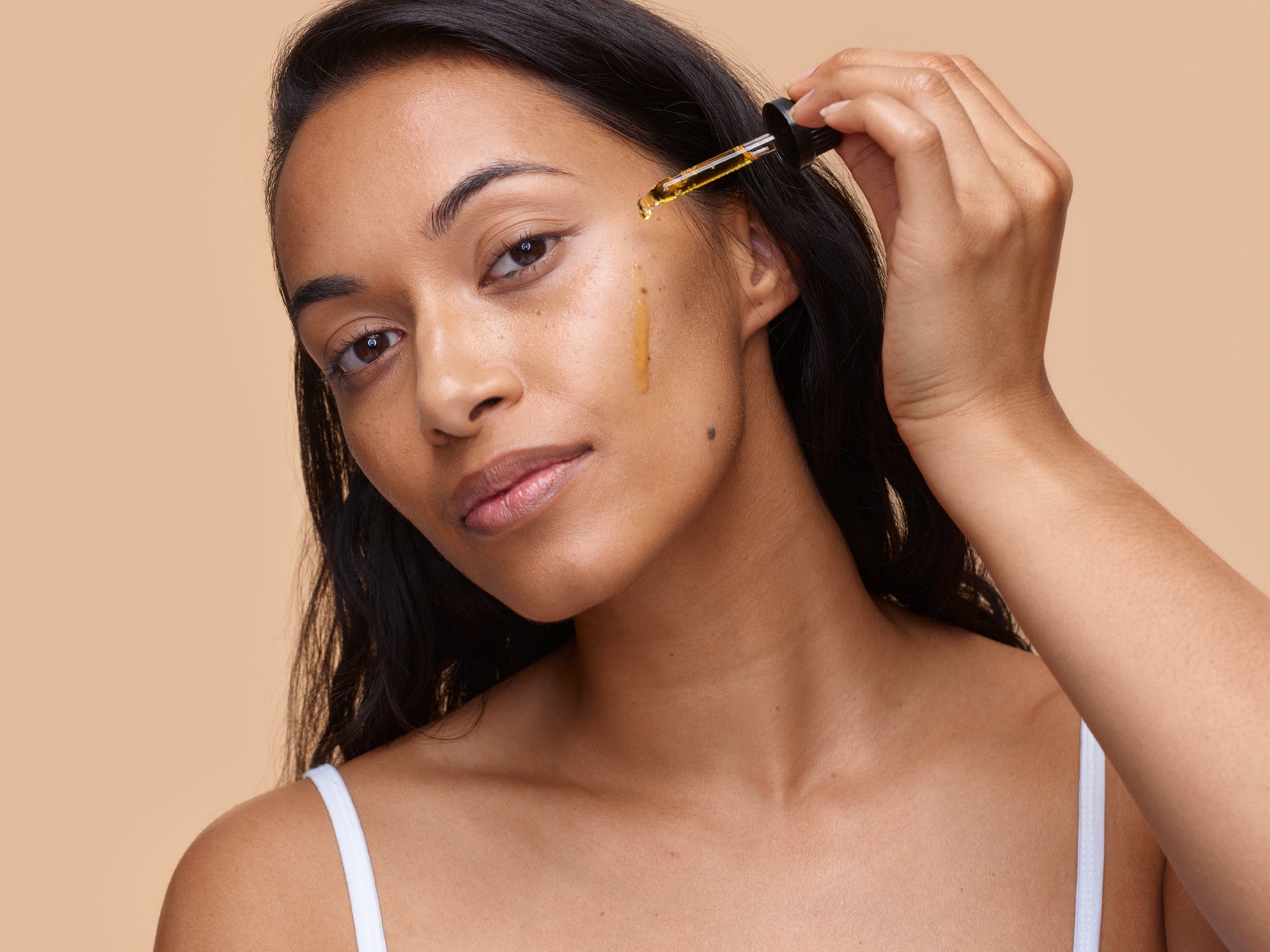
What’s happening:
Collagen production slows, skin thins, and oil levels drop, leading to fine lines, uneven tone, and changes in texture and firmness.
What helps:
Look for powerful antioxidants like CoQ10, vitamins C and E, and rich emollients such as rosehip and bakuchiol oils. Hydrate with humectants like mānuka honey and hyaluronic acid. Target advanced natural actives including collagen amino acids, Rosapene™, L22®, IBR Snowflake®, Inst’Tight™C, VanilleActiv2™, and OceanDerMX™ for visible rejuvenation.
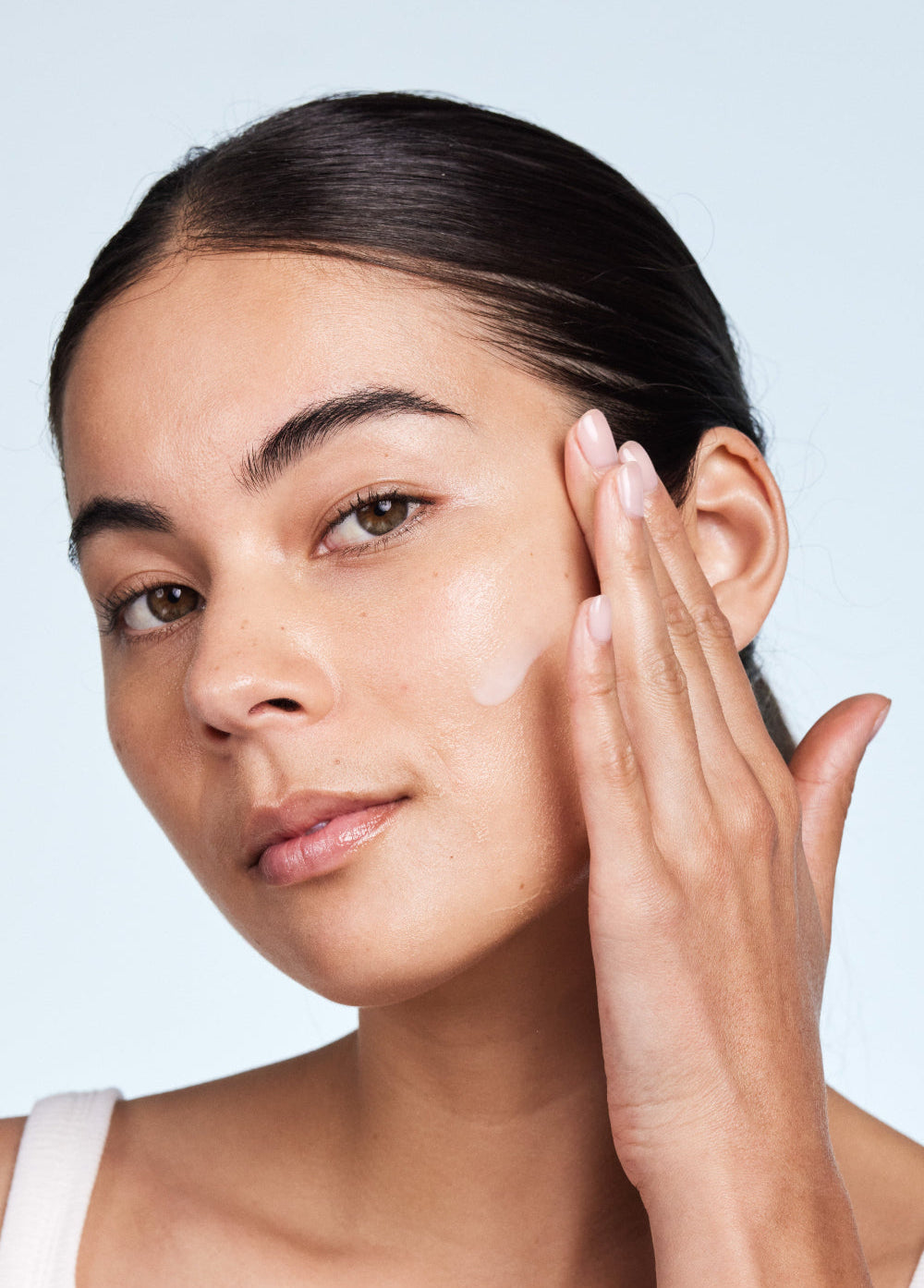
How it behaves:
Skin may react to skincare, detergents, sun exposure, or even clothing, often without a clear cause. Redness, itchiness, and irritation are common.
What to choose:
Opt for fragrance-free, dermatologically tested, ultra-gentle formulations. Support skin with anti-inflammatory actives like SyriCalm®, green tea, and calendula. Strengthen the barrier with lipids from rosehip and maqui berry oils. Keep your routine minimal and soothing.
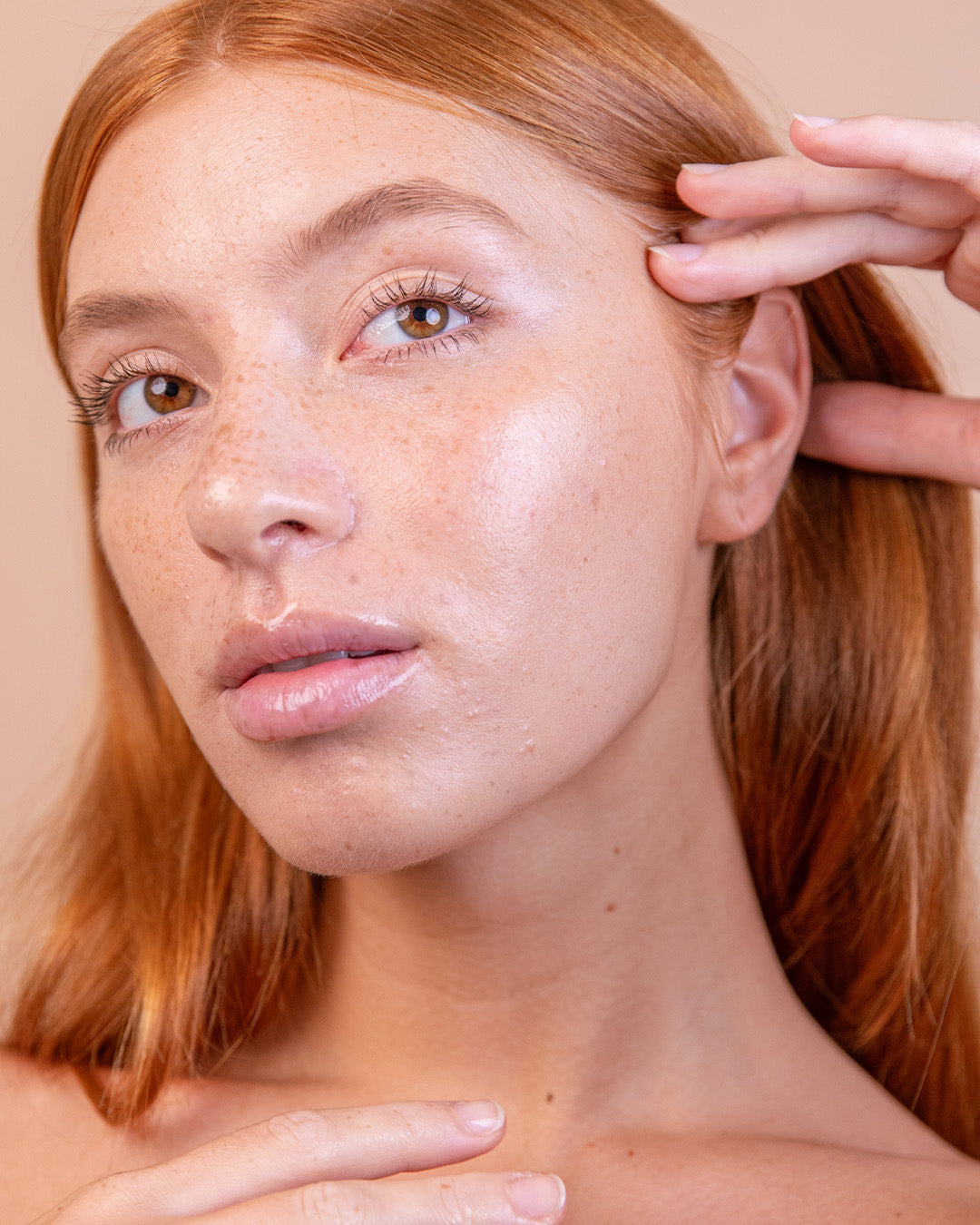
How to spot it:
Skin looks flat, lifeless, and lacks a healthy glow. This concern can affect any skin type.
What to use:
Brighten with vitamin C to target pigmentation and boost radiance. Pair with gentle exfoliation to remove dull surface cells and hydrating ingredients to restore bounce. Explore ingredients like liquorice root and co-enzyme Q10 for added vitality.

How to identify it:
Any skin type can be dehydrated. If lifting the skin reveals faint horizontal lines or it feels tight post-cleansing, it may be lacking water.
What it needs:
Hydrate with humectants like hyaluronic acid, glycerin, and mānuka honey. Combine with rosehip oil and ceramides to improve texture and comfort. Avoid over-cleansing and protect skin from environmental stressors like wind and cold.
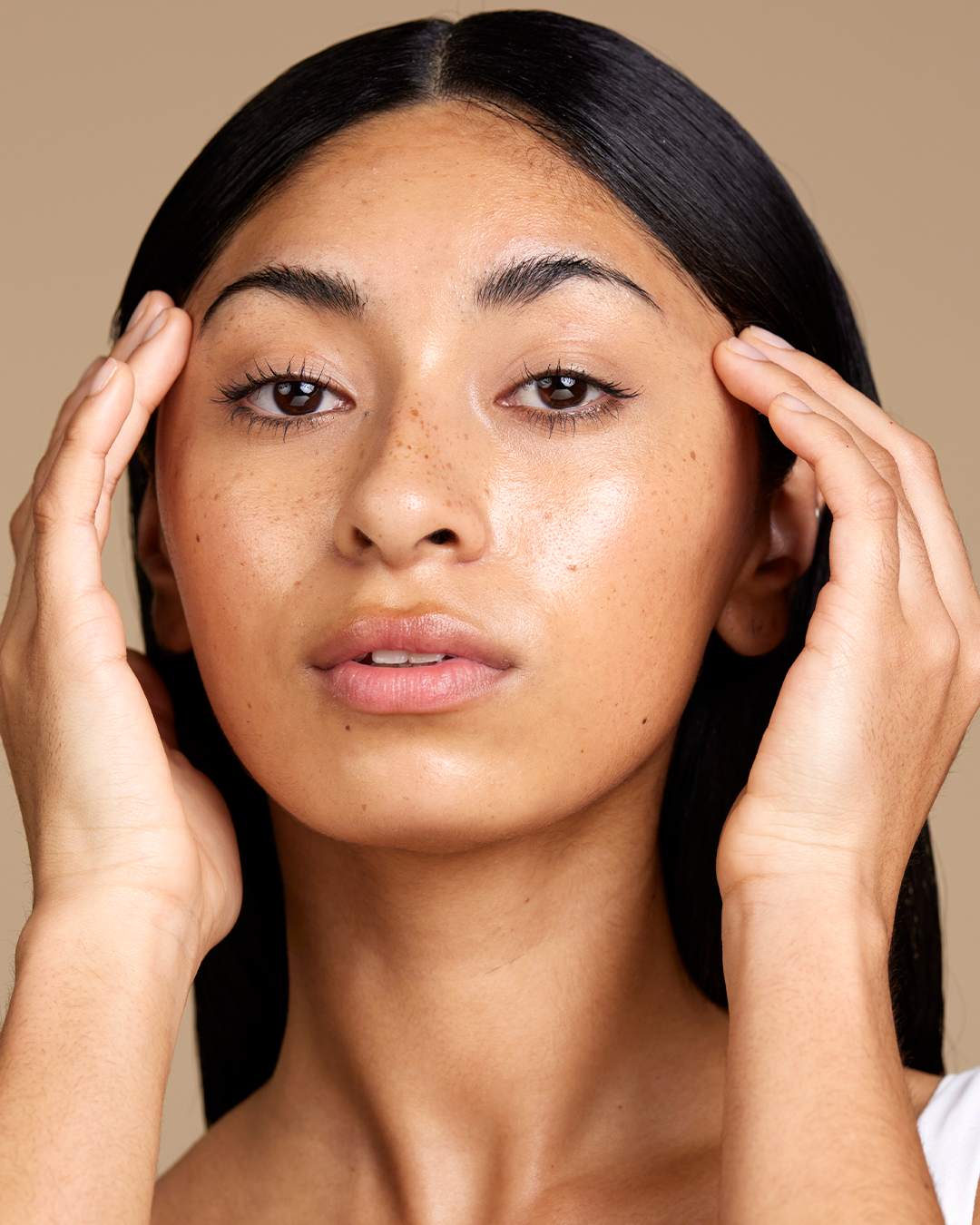
What is it:
This condition affects all skin types and shows up as uneven tone, dark spots, or melasma.
What can help:
Use brightening ingredients like ascorbic acid (vitamin C), liquorice root, and gentle exfoliants like AHA and lactic acid. Daily sun protection is essential to prevent further pigmentation and maintain even tone.
No matter your skin type or concern, the key to lasting skin health lies in choosing products that work in harmony with your skin’s natural processes. Trilogy’s formulations are crafted with high-performance natural actives, gentle botanicals, and science-backed ingredients to help you build a routine that’s both effective and kind to your skin. Explore our full range across to find your perfect match - and let your skin glow naturally.